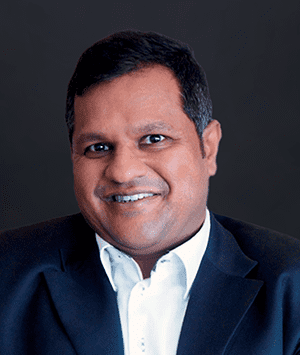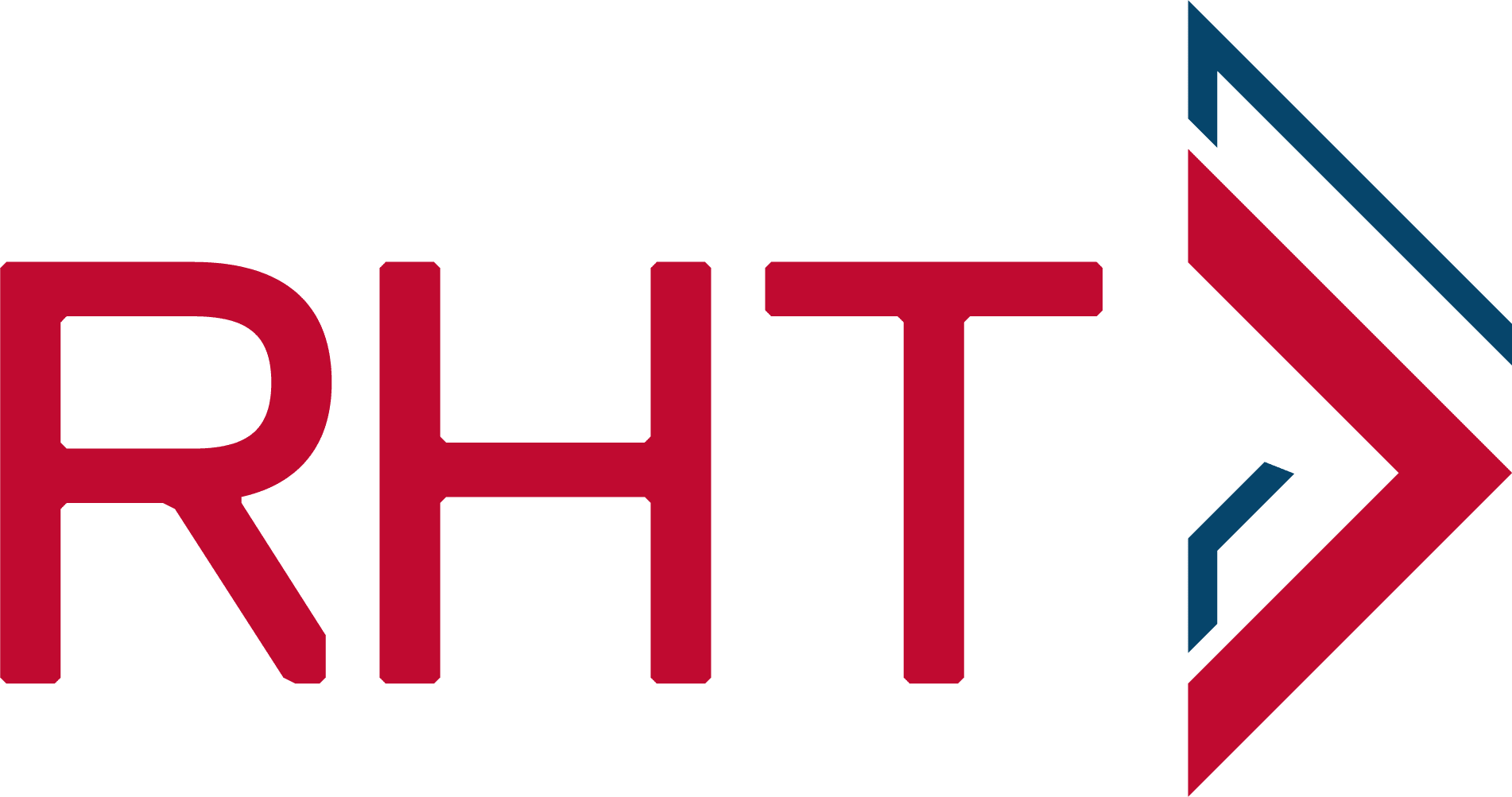Overview
The United Nations Security Council (“UNSC”) has a global mandate to maintain and restore international peace and security under Chapter VII of the United Nations Charter. The imposition of sanctions by the United Nations (“UN”) is one of the key measures under Article 41 that does not involve the use of armed force.
Sanctions are issued to protect international law and to defend against threats to international peace and security. They may come in various forms such as economic, trade or arms embargoes, travel bans, as well as financial and commodity restrictions. The UNSC has applied sanctions to support peaceful transitions, deter non-constitutional changes, constrain terrorism, protect human rights and ensure non-proliferation of weapons of mass destruction.
Today, there are 14 ongoing sanctions regimes issued by the UNSC with the aim of supporting political settlement of conflicts, nuclear non-proliferation, and counterterrorism. Each regime is administered by a sanctions committee chaired by a non-permanent member of the Security Council. There are 10 monitoring groups, teams and panels that support the work of 11 of the 14 sanctions committees.
Asian members of the UN such as Singapore, Malaysia, Vietnam, Australia, Hong Kong and India are committed to implement the sanctions imposed by way of the UN Security Council Resolutions (“UNSCR”), and to enforce them through domestic legislation. In Singapore, the United Nations Act imposes sanctions requirements on non-financial institutions and individuals. The Monetary Authority of Singapore issues its own regulations in respect of financial institutions (“FIs”). In addition, the Terrorism (Suppression of Financing) Act (“TSOFA”) prohibits any dealings with persons and entities designated as terrorists by the UNSC and the Singapore Government.
It is law that all natural and legal persons in Singapore should screen their clients against the United Nations Sanctions lists1 before engaging in any business or commercial activity with them.
Sanction list and prohibited activities
A number of individuals and entities are designated on the UN Sanctions and TSOFA List due their connection to proliferation activities, threats to national security, foreign policy or economy of the country. It is an offence for any person to engage in any commercial activities with such individuals or entities. FIs are required to immediately freeze funds, other financial assets or economic resources of designated individuals and entities. FIs and non-FIs should not enter into financial transactions or provide financial assistance or services in relation to designated individuals, entities or items, proliferation and nuclear, or other sanctioned activities and inform the relevant authority of any fact or information relating to the funds, other financial assets or economic resources owned or controlled, directly or indirectly, by a designated individual or entity.
Implementation of Sanction Laws and Regulations
The UN Act and TSOFA apply to transactions in Singapore; these pieces of legislation also have extraterritorial applications. Singapore citizens are caught by these laws regardless of whether they are inside or outside of Singapore during the said transactions.
Under the TSOFA, Singapore citizens who conduct the following actions outside of Singapore will be deemed to have contravened the said provisions of the TSOFA in Singapore and may be dealt with accordingly: –
1. Providing or collecting property for terrorists;
2. Providing or collecting property for terrorists’ purposes;
3. Dealing with the property of terrorists; and
4. Failing to disclose information concerning the property of terrorists.
Financial Action Task Force (“FATF”)
Located in Paris, the FATF is the global money laundering and terrorist financing watchdog. This inter-governmental, standard-setting body comprises 39 members (37 member jurisdictions and 2 regional organization). The FATF works to generate the necessary political will to bring about national legislative and regulatory reforms in these areas, issuing papers to shape policies of its member countries and to protect integrity of the international financial system.In particular, the FATF has developed the FATF Recommendations, or FATF Standards, which ensure a co-ordinated global response to prevent organised crime, corruption and terrorism. Over 200 countries have committed to implementing the FATF standards.
The FATF studies money laundering and terrorist financing techniques and illegal practices, and continuously enhances its standards to address new risks. In recent years it has turned its attention to virtual assets, which have spread as cryptocurrencies gain popularity. The FATF monitors countries to ensure they implement the FATF Standards fully and effectively, and holds countries accountable for non-compliance.
Recommendations by the FATF
Listed below some specific areas of FATF recommendations that FIs around the region should be aware of:
1. Recommendations regarding Politically exposed persons (“PEPs”)
PEPs are defined as persons who are or have been entrusted with a prominent function (civic, political or military) by a nation or international organisation. Before a FI commences business dealings with a customer, it must:
a. Have appropriate risk-management systems to determine whether the customer or the beneficial owner is a politically exposed person;
b. Obtain senior management approval for establishing (or continuing, for existing customers) such business relationships;
c. Take reasonable measures to establish the source of wealth and source of funds; and
d. Conduct enhanced ongoing monitoring of the business relationship.
FIs should be required to take reasonable measures to determine whether a customer or beneficial owner is a domestic PEP or a person who is or has been entrusted with a prominent function by a government or international organisation. In cases of a higher risk business relationship with such persons, FIs should to apply the controls measures referred to by points b, c and d above.
Family members or close associate of a PEP may also be classified as PEPs and also treated by an FI as high risk.
2. Recommendations on money laundering and terrorism financing risks arising from the use of new technologies
FIs should identify and assess the money laundering or terrorist financing risks that may arise in relation to: –
a. The development of new products and new business practices, including new delivery mechanisms; and
b. The use of new or developing technologies for both new and pre-existing products.
In the case of FIs, a risk assessment should take place prior to the launch of the new products, business practices or the use of new or developing technologies. They should take appropriate measures to manage and mitigate those risks.
Digital assets (also called virtual assets) of various kinds have increased in popularity in recent years. As a key member of FATF, Singapore has agreed to regulate virtual asset service providers for AML/CFT purposes according to the approach stated in the 2019 FATF Recommendations.
3. Recommendations on internal controls and foreign branches and subsidiaries.
In order to maintain consistency of best practices in addressing money laundering and terrorist financing risks, financial groups should be required to implement group-wide AML/CFT programmes, including policies and procedures for sharing information within the group.
FIs should be required to ensure that their foreign branches and majority-owned subsidiaries apply AML/CFT measures consistent with the home country requirements implementing the FATF Recommendations through the financial groups’programmes against money laundering and terrorist financing.
RHTCS’s view on MAS’s expectation regarding FI’s Sanctions Awareness and Compliance Oversight.
MAS expects FIs to comply with the FATF counter-proliferation financing guidelines and has prescribed additional protocols and controls in MAS Notice 626, Prevention of Money Laundering and Countering the Financing of Terrorism, which requires FIs to inter alia: –
1. Conduct risk assessment mitigation;
2. Conduct customer due diligence;
3. Report suspicious transaction; and
4. Maintain internal policies, compliance and audit.
FIs typically use sanctions lists that are sourced either from a third-party provider or directly from regulators. The use of a third-party provider can offer the FIs the relevant data in a standard format and avoid confusion from names that appear on multiple lists. However, FIs should consider how they ensure data quality and timeliness of updates to these sanctions lists. Whenever new designations are published on sanctions lists, FIs must ensure that the names are implemented into their screening system quickly and accurately.
Effective sanctions screening is a key tool in the fight against financial crime. Whether a compliance officer works for an FI or non-FI, regulators and authorities expect a continuing sensitivity to this topic and the implementation of robust controls in daily business.
DOWNLOAD PDF
RHT Compliance Solutions comprises experienced and certified professionals with extensive regulatory, compliance and risk management experience from Singapore, Hong Kong and the region. The team aims to provide clients with insightful, risk-focused and cost-effective solutions through their extensive experience in serving a wide spectrum of clients across diverse financial sectors from regulators, asset managers, fintech firms, insurance agents and brokers, remittance to commodities and corporate services.
For further information, contact:

Jayaprakash Jagateesan
Executive Director and CEO
prakash.j@rhtgoc.com

Aloysius Yeo
Compliance Manager
aloysius.yeo@rhtgoc.com
RHT Compliance Solutions
1 Paya Lebar Link #06-08
PLQ 2 Paya Lebar Quarter
Singapore 408533
cs@rhtgoc.comFacebookLinkedIn


